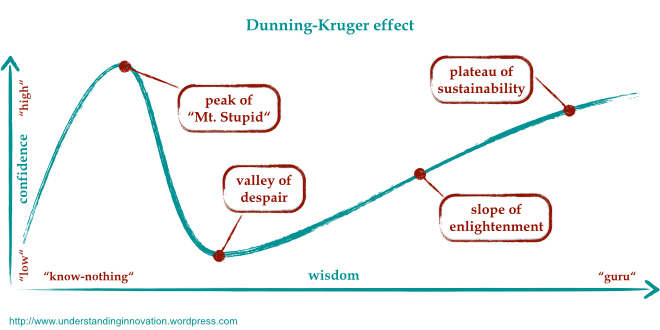blueadams, this is really quite a welcoming place and people here tend to be very helpful. Don't get put off by a couple of snide remarks.
I was in your situation not so long ago myself.
Yes psychiatrists do talk therapy. And you can make a very decent living (100k+) taking insurance and doing talk therapy.
http://www.usnews.com/health/family...iatrists-talk-therapy-falling-by-wayside.html
Recent survey for some info.
Here's a short, but far from exhaustive list of reasons for why talk therapy is falling by the wayside. The pharma push and the medicalization of psychiatry. Increased incidence of psychiatric disorders. Increased symptomatic management of same by PCPs who are not trained in psych. Increase in number of psychiatry programs without a strong psychotherapist faculty contingent. Decline in quality of individuals entering psychiatry. Adverse compensation (thank you medicare!). Sociocultural issues regarding psych stigma (if its a biochemical issue you need a pill for, that's not really your fault. If it's a biopsychosocial problem at least partially rooted in your experiences, and reaction to them, and requires work on your part to correct, then it's your fault, you weak person!)
30% is nothing to sneeze at. And I daresay there's no reason the number couldn't be higher. It's just that there's a combination of training programs who don't care about psychotherapy as well as residents who don't care to learn it to go along with societal and economic pressures.
Myself, I still plan on becoming a psychiatrist who thinks of himself as a psychotherapist. I can take a small economic hit, or supplement with some high-paying clients. If I were in it for the money, I wouldn't have gone into psych in the first place lol.
But I will say that a funny thing has happened since I started residency (i'm an intern right now). Namely that I've got a reputation for knowing my psychopharm. Which I actually got annoyed with for a while. Because psychotherapy and lifestyle intervention have been what I wanted to do since I was 15 or so. And then i wasn't so annoyed. Psychiatric disorders after all are BioPsychoSocial, and thus treatment needs to hit all of these areas. It's now become a goal of mine to become as good at psychopharm as possible, because that'll only make me a better clinician.
I'll also say that on the inpatient wards, every patient with insight gets the psychotherapy available in my at the moment limited armamentarium. Whether supportive, motivational interviewing, cognitive-behavioral chunks, or mindfulness exercises.
In short, there is plenty of opportunity for a psychiatry resident to learn plenty of psychotherapy and to do it.

